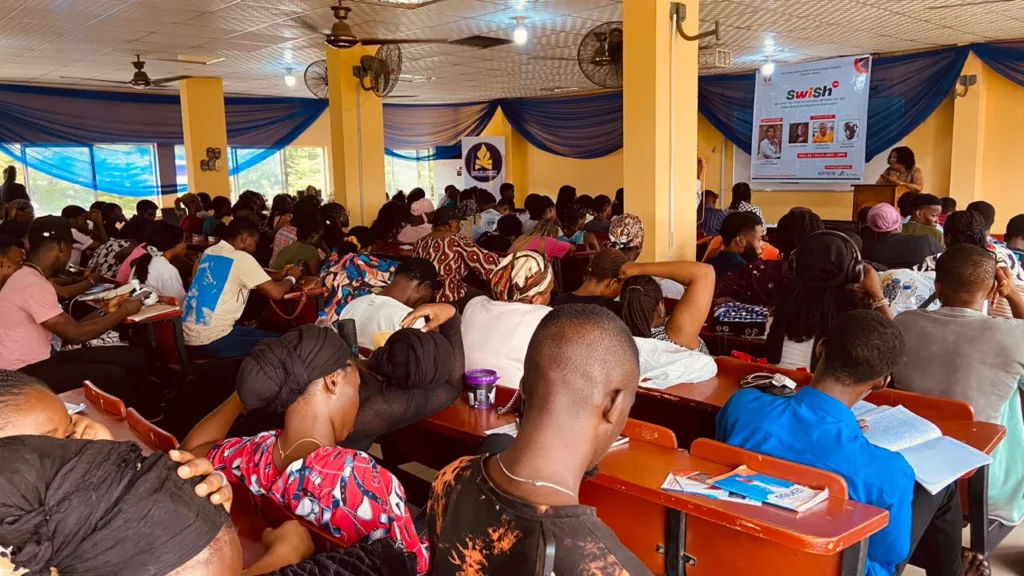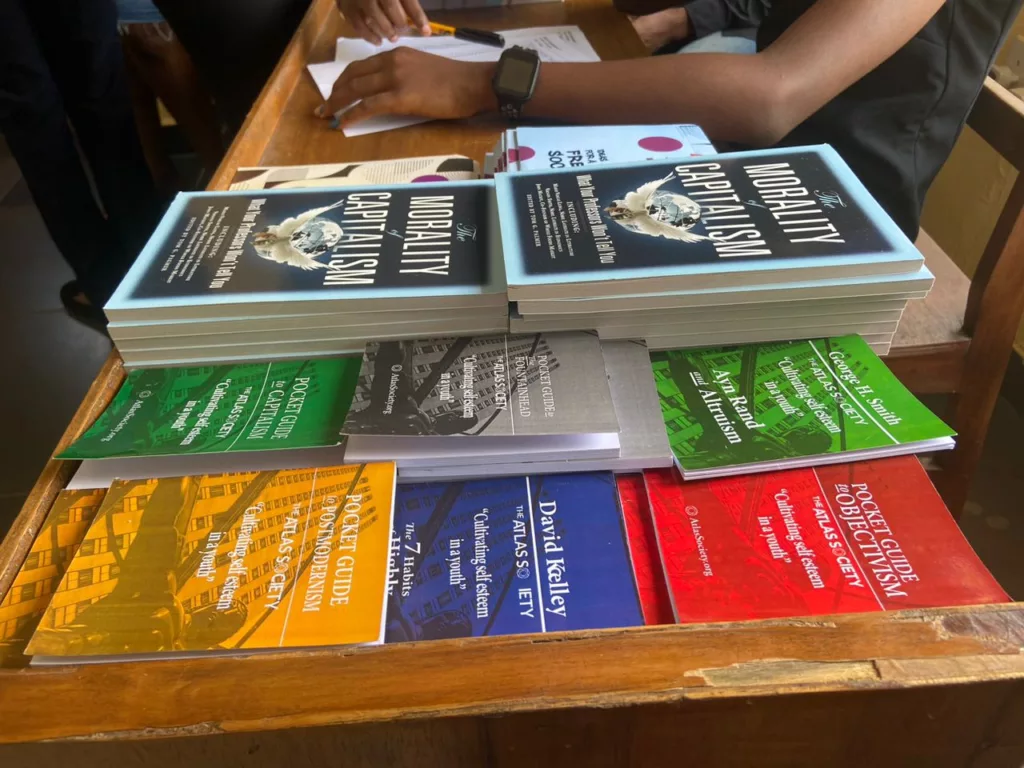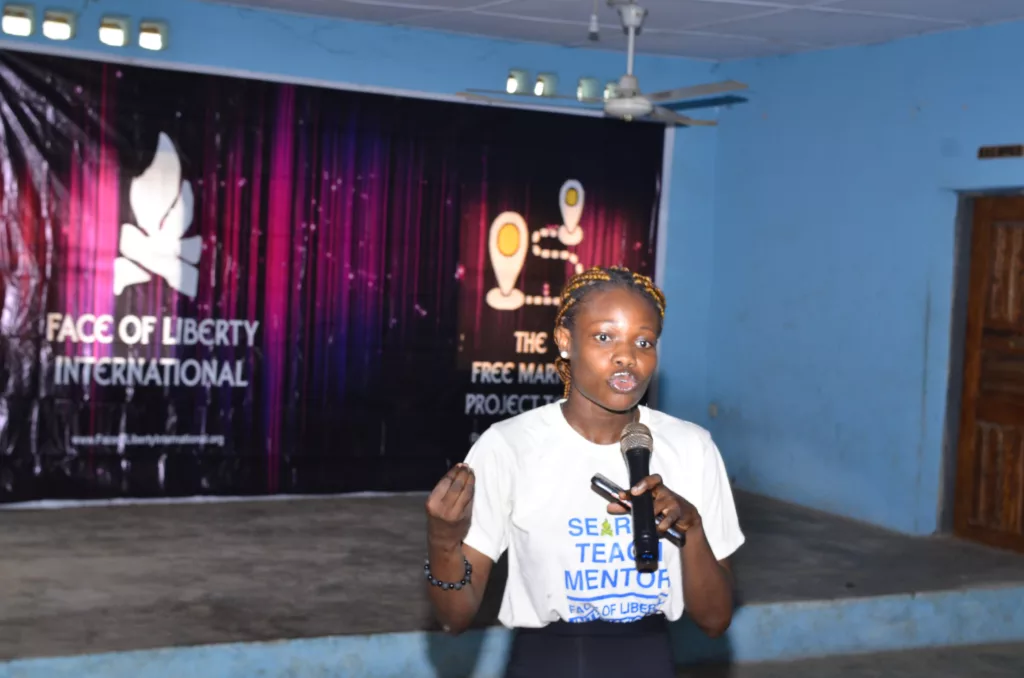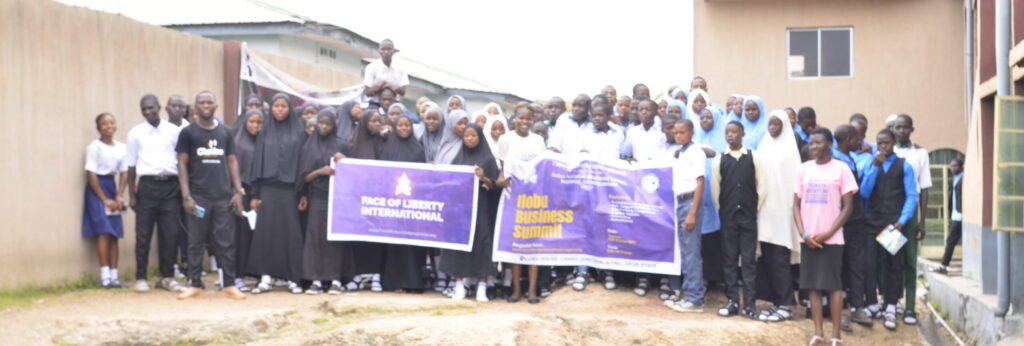There is no better time to talk about Ending the Cycle of Violence than this time we are living in. Violence has plagued human history for centuries, leaving behind a trail of devastation, suffering, and broken communities. Whether it manifests as wars between nations, conflicts within societies, or acts of aggression on an individual level, violence breeds only more violence. But in the face of this seemingly endless cycle, we have the power to break free and pave the way for a future defined by peace, compassion, and understanding.
While speaking at the conference, Mr Leonard Ogunweide stated the fact “The cycle of violence is a complex and vicious pattern where violence begets more violence. It often begins with a single act of aggression or harm, which then triggers a retaliatory response from the victim or affected party. This retaliation, in turn, fuels anger and resentment, perpetuating the cycle and leading to further acts of violence. The cycle continues unabated unless someone intervenes with a different approach, aiming to break the chain reaction.”
He further explained why it is important to break the cycle, He said, “Violence undermines the well-being and dignity of individuals, families, and entire communities. It robs people of their basic rights, disrupts social fabric, and perpetuates a cycle of pain and suffering.” He continued, “Violence hampers social and economic progress. Communities affected by violence struggle to access education, healthcare, and other essential services, hindering their development. By breaking the cycle, we create conditions for sustainable growth and prosperity.” He then concluded that’ “Violence breeds instability, fear, and mistrust. Breaking the cycle is a prerequisite for achieving lasting peace, both domestically and internationally. By addressing the root causes of violence, we can create environments where conflicts are resolved peacefully and cooperation thrives.”

Speaking on the Actionable Steps to take to end the cycle of violence in the society, He stated that, “Education plays a pivotal role in transforming mindsets and fostering empathy. By promoting values such as respect, tolerance, and peaceful conflict resolution from an early age, we can prevent violence from taking root. Educational programs should encompass not only academic knowledge but also social and emotional learning, equipping individuals with the tools to navigate conflicts peacefully. He further stated that, “Violence often emerges from underlying social, economic, and political factors such as inequality, poverty, and marginalization. To break the cycle, we must address these root causes by promoting social justice, equitable distribution of resources, and inclusive governance. By addressing systemic issues, we can create conditions that discourage violence and promote social cohesion.
He concluded on the ways to break the cycle of violence by adhering to the Live and Let Live Principles – “Being an Excellent Human” and “Not being an Aggressor”



